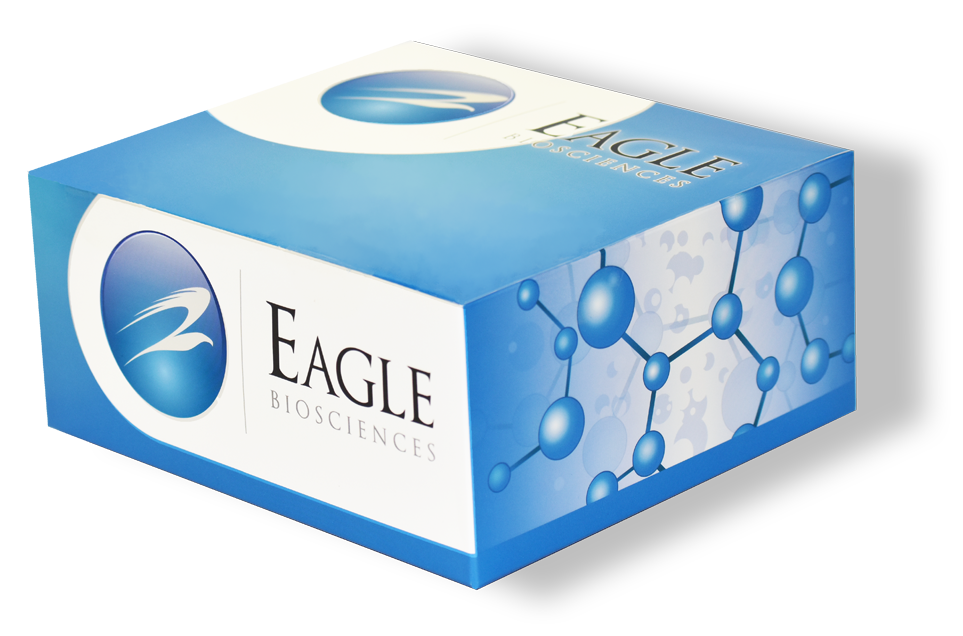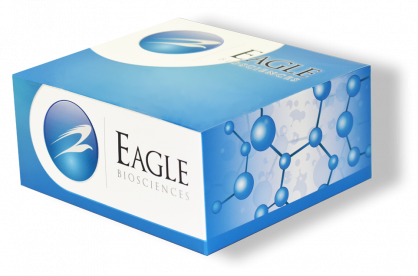MutaPLATE Lactase PCR Assay Kit
MutaPLATE Lactase PCR Assay manufactured in Germany by Immundiagnostik
Size: 32 tests
Method: PCR
Sample Type: DNA (e.g.whole blood, cheek swab)
Sample Size: 200 µL
For Research Use Only
Assay Principle
The Eagle Biosciences MutaPLATE® Lactase real-time PCR Kit contains specific primers and additional material for the detection of the T/C (-13910) polymorphism in the regulatory region of the lactase-phlorizin-hydrolase gene. The variable area of the regulatory region from lactase gene is amplified by PCR using genomic DNA-template. The specific primers used in the kit flank the variable area of the lactase gene (LCT) and generate an amplification of 222 bp.
The standard PCR contains also sequence-specific oligonucleotides marked with fluorescence dye. This specific hybridization probe binds within the amplification product including the single nucleotide polymorphism (SNP) of target-DNA. Due to this, a fluorescence signal is generated (after excitation with 530 nm or if limited by an instrument with 470 nm) and detected at 610 nm through the optical unit of the real-time PCR instrument.
Genotyping is performed by subsequent melting curve analysis of arisen amplificates leading to unequivocal identification of C/C-genotype associated with lactose intolerance and respectively the clinical unobtrusive CT- and T/T-variants. This is due to the different melting points of the complexes formed by DNA template and “SNP-probes”. The included “SNP-probe” is 100% homologous to the C-allele. Therefore the hybridization probe needs a higher temperature for complex-dissociation from C-allele than from the T-allele (containing a mismatch destabilizing the complex). Consequently, samples with heterozygous genotype generate both peaks at different temperatures during the melting curve analysis.
Related Products
MutaPLATE HLA-DQ2+8 (TM) PCR Assay Kit
MutaPLATE® Lactase TAQ-man PCR Assay Kit


